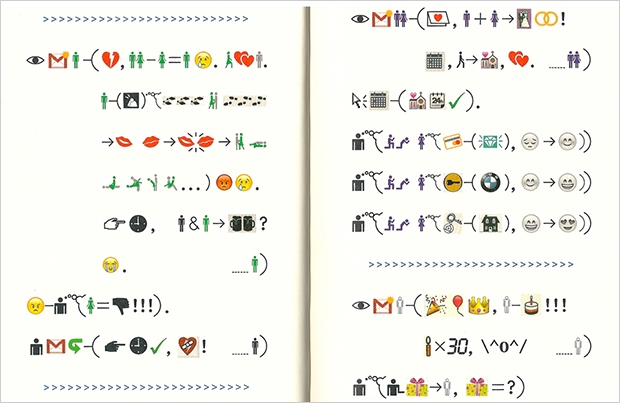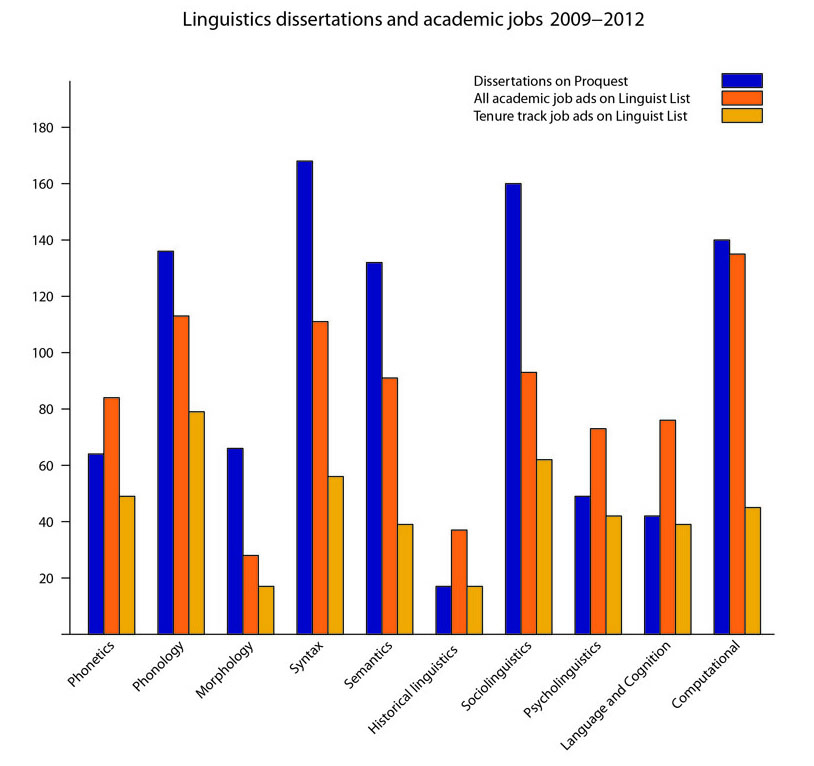Those who are interested in pictographic and ideographic writing systems should take careful note of Rudyard Kipling's 1902 Just So Story "How the first letter was written". It starts like this:
ONCE upon a most early time was a Neolithic man. He was not a Jute or an Angle, or even a Dravidian, which he might well have been, Best Beloved, but never mind why. He was a Primitive, and he lived cavily in a Cave, and he wore very few clothes, and he couldn't read and he couldn't write and he didn't want to, and except when he was hungry he was quite happy. His name was Tegumai Bopsulai, and that means, 'Man-who-does-not-put-his-foot- forward-in-a-hurry'; but we, O Best Beloved, will call him Tegumai, for short. And his wife's name was Teshumai Tewindrow, and that means, 'Lady-who-asks-a-very-many-questions'; but we, O Best Beloved, will call her Teshumai, for short. And his little girl-daughter's name was Taffimai Metallumai, and that means, 'Small-person-without-any-manners-who-ought-to-be-spanked'; but I'm going to call her Taffy. And she was Tegumai Bopsulai's Best Beloved and her own Mummy's Best Beloved, and she was not spanked half as much as was good for her; and they were all three very happy. As soon as Taffy could run about she went everywhere with her Daddy Tegumai, and sometimes they would not come home to the Cave till they were hungry, and then Teshumai Tewindrow would say, 'Where in the world have you two been to, to get so shocking dirty? Really, my Tegumai, you're no better than my Taffy.'
Read the rest of this entry »


